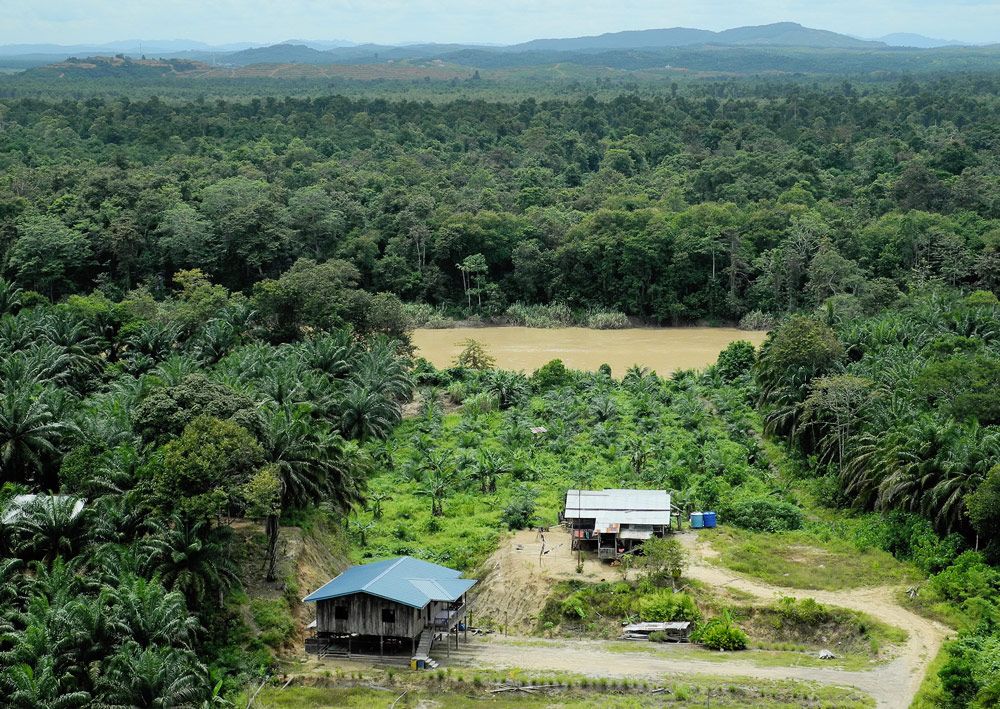After years of wrangling about a German supply chain act, the Ministers of Employment, Development and Economics agreed on a common draft legislation, which has been approved by the Federal Cabinet in March 2021. This is an important step towards the assurance of human rights along global value chains. The supply chain act will come into force in 2023 , applying for companies employing more than 3000 people. Tightening’s will already follow in 2024 when companies with more than 1000 employees are expected to implement the act.
One of the next steps will be to find suitable tools and monitoring methods to comply with the requirements set by the German government and the UN Guiding Principles for Business and Human Rights. In doing so, the Food Security Standard (FSS) can play an important role and support companies in fulfilling their duties.
The FSS was developed based on the Human Right to Adequate Food and the Right to Food Guidelines adopted by the FAO Council (UN) in 2004. The Voluntary Guidelines take into account a wide range of important considerations and principles, including equality and non-discrimination, participation and inclusion, accountability and rule of law, and the principle that all human rights are universal, indivisible, interrelated and interdependent. Clustered in 17 principles, the Food Security Standard uses this holistic approach, covering a wide range of good practices and human rights. Thereby, it is not a stand-alone Standard but can be integrated or used as an add-on in other existing voluntary sustainability standards.
FSS Analysis
A recently conducted analysis shows, that the FSS covers the requirements defined under the German supply chain act and might be therefore a suitable tool to help agricultural enterprises to meet their obligations.
In detail, the FSS consists of criteria assuring good working conditions, including living wages, employment free from any form of discrimination as well as protective equipment for dangerous or hazardous work. The supply chain act requires companies to ensure land rights, water rights and the provision of clean drinking water. The FSS is considering these requirements, specified in a broad range of criteria and indicators. To exclude child labor from all agricultural activities, the FSS as well as the supply chain act refer to ILO convention (138) prohibiting the employment of children under the age of 15. Further, any form of forced or trafficked labor is prohibited and employees are free to form or join trade unions. The FSS requires conformity with national as well as regional law and therefore also excludes practices like torture as expected in the supply chain act. Besides these specifications, the supply chain act, as well as the FSS, require companies to provide and maintain grievance mechanisms to be aware of possible infringements and react accordingly.
While environmental obligations are mostly neglected in the German supply chain act, this might be different in the European version of the law. In March 2021 the European Parliament accepted the resolution on corporate due diligence and corporate accountability by large majority. Although the details still must be defined by the European Commission in June this year, it is already evident, that the European law will be stricter. Besides the assurance of human rights, governance and environmental aspects will also be included. Further, the EU draft will be mandatory not only for all large undertakings but also for publicly listed as well as high risk undertakings registered within the EU. Companies distributing their goods within the European market will also be included. As the European law must be translated into German law six months after its implementation the latest, stronger requirements are to be expected also for the German supply chain act. Forward thinking companies are invited to directly adopt the FSS on top of their sustainability standard as part of their risk management to avoid adjustments at a later stage.



